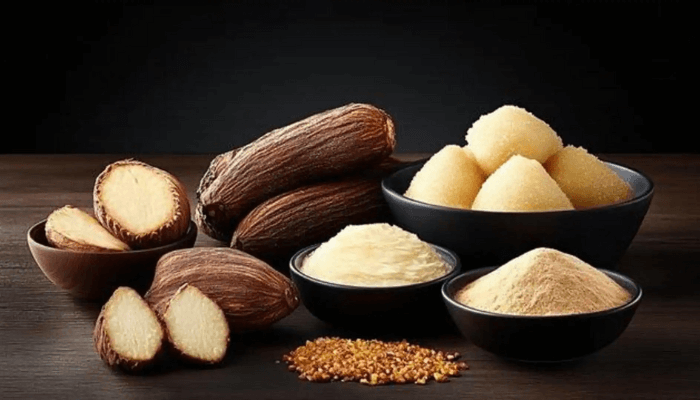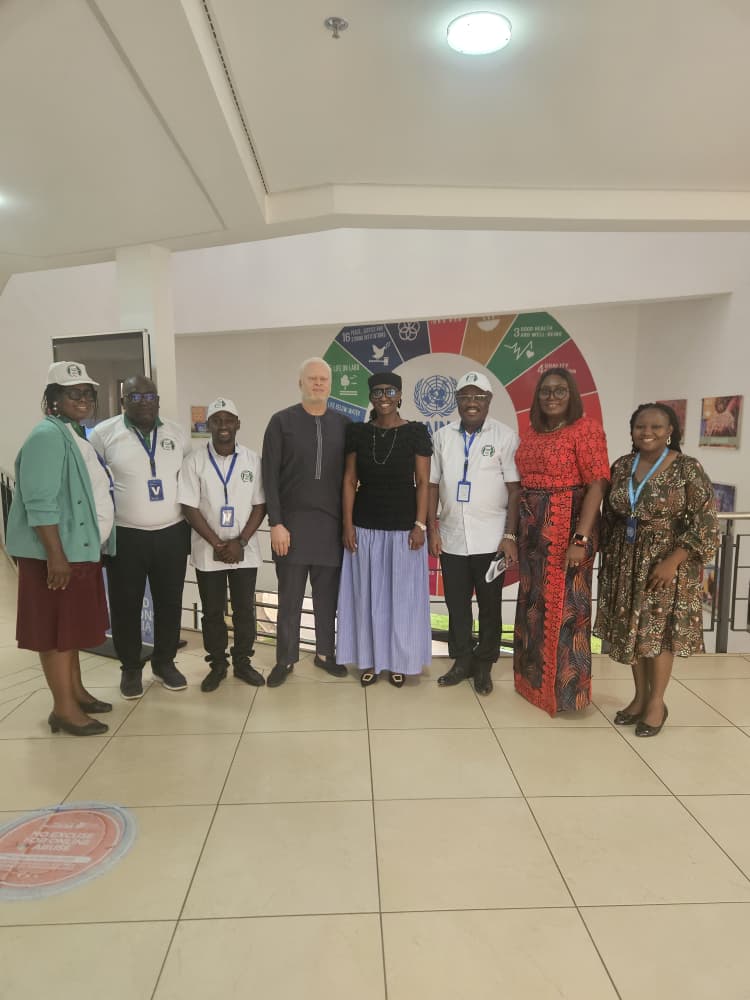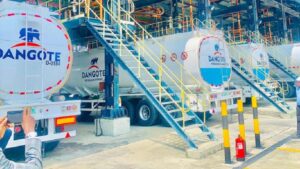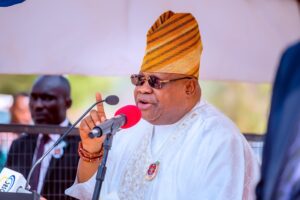Shea Sector Eyes $300m Gains as NASPAN Backs Export Ban
…calls for investment in local processing, incentives, and market reforms
The National Association of Shea Products of Nigeria (NASPAN) has declared its support for the Federal Government’s temporary ban on the exportation of raw shea nuts, describing the move as a strategic intervention to deepen value addition, boost domestic processing, and reposition Nigeria’s shea industry in the global market.
The six-month ban, announced on August 26, 2025, by Vice President Kashim Shettima on the directive of President Bola Ahmed Tinubu, is aimed at curbing informal cross-border trade, protecting local processors, and increasing Nigeria’s share of the global shea market.
The Federal Government estimates suggest the policy could generate about $300 million annually in the short term and significantly expand rural incomes, especially for women who form the bulk of shea nut pickers.
Speaking further on the directive, the Vice President said the decision was not “an anti-trade policy but a pro-value addition policy designed to secure raw materials for processing factories and enabling industries run at full capacity, thereby boosting rural income and jobs for our people.
Emphasised that despite accounting for nearly 40 per cent of global shea production, Nigeria captures only 1 per cent of the $6.5 billion global market.
Speaking at a press conference in Abuja, Mohammed Ahmed Kontagora, President of NASPAN, said the ban would transform Nigeria from a supplier of raw kernels to a leading exporter of refined shea butter, oil, and derivatives.
“NASPAN extends its profound appreciation to His Excellency, President Bola Ahmed Tinubu, and the Vice President, Alhaji Kashim Shettima, for their timely intervention in placing an immediate ban on the export of Shea nut/kernel from Nigeria. This policy is not only strategic but also critical in repositioning Nigeria as the global leader in shea competitiveness,” he said
Kontagora, however, warned that the sudden announcement during peak trading season had disrupted operations for aggregators, many of whom have invested billions of naira in stockpiling nuts for export.
To address this, NASPAN is urging the government to allow a 90-day transition window for traders with verifiable contracts and loan obligations to fulfil their commitments under a regulated framework.
The association also called for the creation of a Shea Marketing Board to stabilise pricing, the passage of a National Council on Shea Bill, equipment grants for processors, and the adoption of its Shea Parkland Restoration and Afforestation Programme (SPARE), which aims to plant 10 million trees in a decade.
Kontagora also stressed that sustained investment in processing infrastructure, market reforms, and rural empowerment, particularly for women pickers who dominate the sector, would be critical to unlocking Nigeria’s full shea potential and transforming the industry into a major driver of export earnings and rural livelihoods.
“Creation of a Shea Marketing Board to regulate trade, set guaranteed minimum and maximum prices, and ensure transparency.
“Passage of the National Council on Shea Bill, first initiated in the 9th Assembly, to provide governance and policy direction for the sector.
“Targeted grants and incentives for processors, including equipment support, capacity building, and access to finance, to expand local processing capacity.
“Adoption of the Shea Parkland Restoration and Afforestation Programme (SPARE), an initiative to plant 10 million shea trees over the next decade to secure long-term sustainability and climate resilience,”
NASPAN further called on the Federal Government to integrate shea into climate management programs in states within the shea belt and to back its biennial Shea Conference in February 2026 as a platform for stakeholders to review the policy’s impact when the six-month ban expires.
Highlighting the socio-economic importance of the industry, Kontagora stressed that empowering rural women with access to infrastructure, renewable-energy–powered processing equipment, and financing would be central to achieving the policy’s objectives.
He pointed to ongoing partnerships with renewable energy providers in 23 communities as examples of how grassroots interventions can transform livelihoods.
“With proper policy alignment, Nigeria can leverage its dominance in global shea resources to drive industrialization, gender empowerment, and rural transformation. The ban is a welcome step, but its success will depend on how quickly the government addresses the immediate dislocations while investing in long-term competitiveness,” Kontagora said.















Post Comment